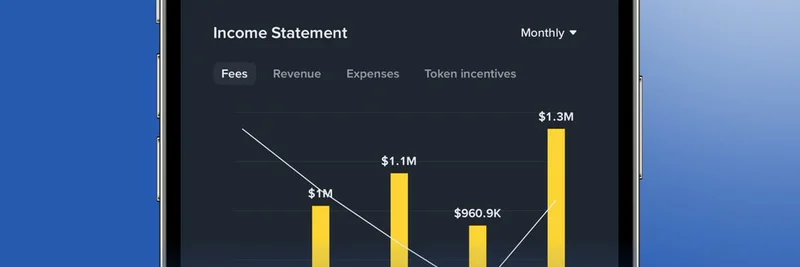In the wild world of meme tokens, where hype can skyrocket a project's value overnight, governance often takes a backseat. But what happens when these projects raise massive funds through DAOs or similar structures without clear rules or accountability? That's the red flag raised by Kavita Gupta, founder and managing partner of Delta Blockchain Fund, in a recent episode of the Bits + Bips podcast hosted by Laura Shin.
Gupta's comments, highlighted in a tweet by Laura Shin, point to a growing concern in the crypto space. She describes how some Digital Asset Treasuries—essentially pools of digital assets managed by decentralized entities—are turning into vehicles for raising money without any real oversight. "I feel like instead of saying digital asset treasuries, these are becoming companies who are now raising money to do whatever they want to do without having a clear governance for the investors," Gupta said in the clip.
For those new to the term, a DAO, or Decentralized Autonomous Organization, is a community-led entity governed by smart contracts on the blockchain, where token holders vote on decisions. DATs build on this by focusing on managing treasuries of crypto assets. In the meme token ecosystem, projects like Shiba Inu or Dogwifhat often incorporate DAO-like elements to manage community funds or development treasuries. However, as Gupta notes, the lack of structured governance can lead to frustration for investors. She mentioned instances where, even after investing, her fund hasn't seen projects deploy the raised capital effectively, sometimes waiting months without action—and with no recourse.
This issue hits close to home for meme token enthusiasts. Many meme projects launch with promises of community governance, but in reality, they can devolve into centralized decisions hidden behind a decentralized facade. Remember the infamous rug pulls in the meme space? Poor governance amplifies those risks, turning what should be a fun, community-driven venture into a potential pitfall.
The podcast episode, titled "Hyperliquid’s USDH Bidding War & Why the DAT Model Is Broken," dives deeper into these topics. Guests including Gupta, Alex Thorn from Galaxy Digital, and Sam Kazemian from Frax discuss whether DATs are fulfilling their promises or simply collecting funds without accountability. They also touch on related trends like the bidding war for Hyperliquid's USDH stablecoin, which raises questions about true decentralization in DAOs.
If you're diving into meme tokens, this serves as a timely reminder: Look beyond the memes and hype. Check for transparent governance mechanisms, clear roadmaps for fund usage, and active community involvement. Tools like Snapshot or Aragon can help DAOs implement better voting systems, but it's up to the founders to commit to accountability.
As the blockchain space evolves, insights like Gupta's highlight the need for maturation in how projects handle raised funds. For meme token practitioners, balancing the fun of virality with solid governance could be the key to long-term success. Stay informed, and always DYOR—do your own research—before jumping in.

